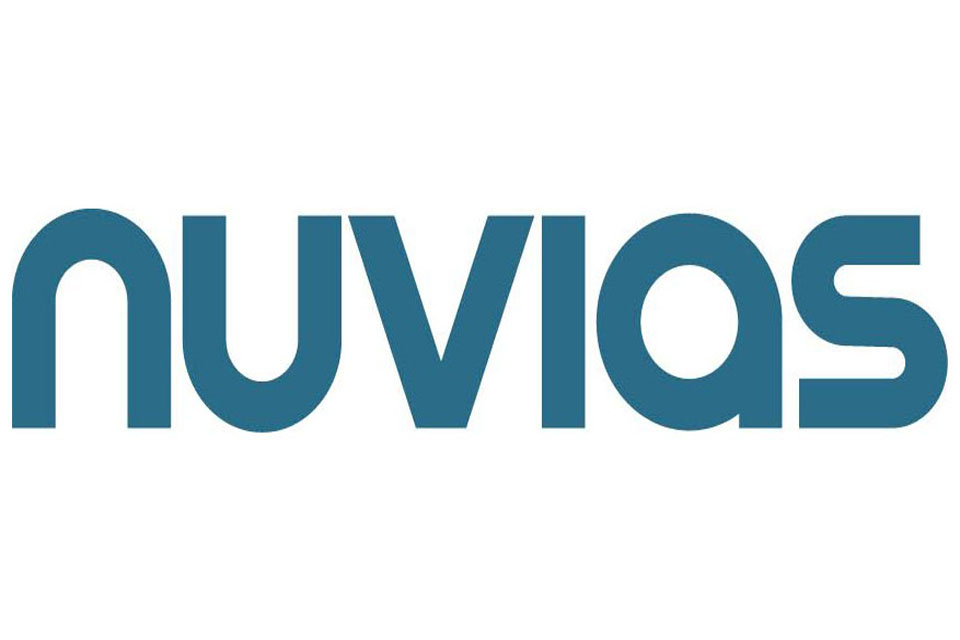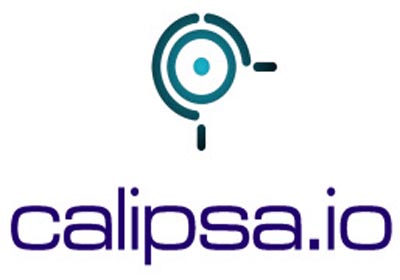INDUSTRY SPOTLIGHT: HANDD Business Solutions

HANDD Business Solutions (HANDD) are a data-centric cyber security service partner providing software sales, delivery, and support to organisations across the globe. Operating in the IT security channel market for 15 years, HANDD concentrate solely on data security rather than the wider security challenges organisations face. Every platform inside the HANDD product portfolio is designed […]
NCSC reveals role play exercises to keep home workers cyber safe

Business owners are being urged to help keep their home working staff safe from cyber attacks by testing their defences in a roleplay exercise devised by the NCSC. The ‘Home and Remote Working’ exercise is the latest addition to the National Cyber Security Centre’s Exercise in a Box toolkit, which helps small and medium sized businesses […]
RECOMMENDED: ANTI VIRUS

IT Security Briefing highlights some of the industry’s key suppliers of anti-virus solutions… Glasswall Glasswall’s patented deep file inspection, remediation, sanitisation and document regeneration technology eliminates the threat from document-based malware. Glasswall processes files such as PDF, Word, Excel and image files in milliseconds, without relying on detection signatures. Glasswall does not look for bad […]
Top 10 IT security predictions for 2018

Ian Kilpatrick, executive vice president for cyber security company, Nuvias Group, offers his top 10 IT security predictions for the year ahead… 1. Security blossoms in the boardroom Sadly, security breaches will continue to be a regular occurrence in 2018 and organisations will struggle to deal with them. New security challenges will abound and these […]
VASCO and Nuvias expand distributor agreement

VASCO Data Security International and Nuvias have expanded their existing distributor agreement across EMEA in line with the demand for digital security solutions across the region. Nuvias will play a key role in driving further growth and meeting demand across EMEA for VASCO’s security solutions, including two-factor authentication, transaction data signing, e-signatures, identity management and […]
Oracle unveils automated database cyber defence solution

Oracle Executive Chairman and CTO Larry Ellison has unveiled new machine learning applications for database and cyber security in the opening keynote presentation at Oracle OpenWorld 2017 in San Francisco’s Moscone Center. Ellison introduced Oracle Autonomous Database Cloud, the world’s first 100 percent self-driving autonomous database, and new automated cyber defense applications that detect and […]
HMRC site suffering from ‘serious’ security flaws

A researcher who spent 57 days trying to report a bug on HMRC’s online tax service site has said that the UK tax office must improve the way it handles website security problems – adding that finding the correct contact to report the issue to was even more challenging than actually finding the bug in […]
Calipsa launches next-gen video surveillance

British start-up Calipsa has launched its next generation video surveillance technology, built on Deep Learning models. The technology revolves around algorithms that can process and analyse hours of video feeds to provide alerts and detailed reports for applications where real-time video monitoring is key, including traffic enforcement, road accidents and public disorder. The Calipsa engine […]


